The conference adopted the Jeddah Declaration, which reaffirmed the AL's unified stance on efforts to create security and stability throughout the Arab world .
Arab News commented on May 20 that the 2023 AL Summit takes place at a time when many countries around the world are facing economic crisis after 3 years of pandemic, as well as suffering the impacts of the war in Ukraine.
Even in the Arab world, many geopolitical developments are directly affecting the bloc's members, such as the Palestinian-Israeli conflict, the fighting in Sudan, Yemen, Libya, Syria and the economic-political crisis in Lebanon.
Speaking at a press conference after the conference, AL Secretary General Ahmed Aboul Gheit affirmed that the results achieved at this conference could help resolve internal issues and strengthen solidarity in the Arab world, saying that this would be the first step for Arab countries to "decide their own destiny."
This conference welcomed a surprise guest who briefly appeared: Ukrainian President Volodymyr Zelensky, with the aim of mobilizing Arab countries' support for Kiev in the Russia-Ukraine war. In another development, Russian President Vladimir Putin also sent a letter to the AL Summit, stating that Moscow attaches great importance to developing partnership with Arab countries.
In response, the rotating AL Chairman - Saudi Crown Prince Mohammed bin Salman - expressed goodwill to both sides, reaffirming his readiness to act as a mediator in the Russia-Ukraine war. Thus, it can be seen that the AL bloc's influence is no longer limited to the region. The Gulf countries have made efforts to show neutrality in the Russia-Ukraine war, despite the West's pressure measures to isolate Russia - a core member of the Organization of the Petroleum Exporting Countries and its partners (OPEC+).
The event of Syrian President Bashar al-Assad attending the AL Summit for the first time after a 12-year hiatus also attracted public attention. According to analysts, Syria's re-entry into the "Arab family" is part of a more open foreign policy trend in the Middle East, where former rivals are trying to take steps to mend tense relations after years of conflict and confrontation.
“We hope that Syria's return to the AL will mark the end of the crisis in this country... We are moving towards peace, good, cooperation and construction for the benefit of our people and to protect the interests of member states,” Al Arabiya quoted Crown Prince Mohammed bin Salman as saying.
The highlight of this conference was the adoption of the Jeddah Declaration by the AL, which rejected foreign interference in the internal affairs of Arab countries, and emphasized that military conflicts would only aggravate the suffering of the people and hinder the development of countries in the region. The Jeddah Declaration also reiterated the implementation of the 2002 Arab Peace Initiative to resolve the Israeli-Palestinian conflict, called on all parties to de-escalate tensions in Sudan, called for reforms to help Lebanon escape the crisis, and supported initiatives to promote security and stability in Yemen...
In addition, the AL affirmed that it will strengthen the implementation of initiatives and promote the bloc's joint actions in the fields of culture, economy, society, etc.; maintain the supply chain of basic food items, contributing to ensuring food security for Arab countries.
It can be said that the success of the 2023 AL Summit under the leadership of regional power Saudi Arabia has contributed to strengthening the solidarity of the Arab world. Through that, the oil-rich country - which was once influenced by the US in its foreign policies - is "going against the tide" with an independent foreign policy and building global influence in the role of a peace-making country.
HA PHUONG
Source


![[Photo] Solemn opening of the 12th Military Party Congress for the 2025-2030 term](https://vphoto.vietnam.vn/thumb/1200x675/vietnam/resource/IMAGE/2025/9/30/2cd383b3130d41a1a4b5ace0d5eb989d)
![[Photo] Panorama of the cable-stayed bridge, the final bottleneck of the Ben Luc-Long Thanh expressway](https://vphoto.vietnam.vn/thumb/1200x675/vietnam/resource/IMAGE/2025/9/30/391fdf21025541d6b2f092e49a17243f)
![[Photo] President Luong Cuong receives President of the Cuban National Assembly Esteban Lazo Hernandez](https://vphoto.vietnam.vn/thumb/1200x675/vietnam/resource/IMAGE/2025/9/30/4d38932911c24f6ea1936252bd5427fa)

![[Photo] General Secretary To Lam, Secretary of the Central Military Commission attends the 12th Party Congress of the Army](https://vphoto.vietnam.vn/thumb/1200x675/vietnam/resource/IMAGE/2025/9/30/9b63aaa37ddb472ead84e3870a8ae825)
![[Photo] The 1st Congress of Phu Tho Provincial Party Committee, term 2025-2030](https://vphoto.vietnam.vn/thumb/1200x675/vietnam/resource/IMAGE/2025/9/30/1507da06216649bba8a1ce6251816820)
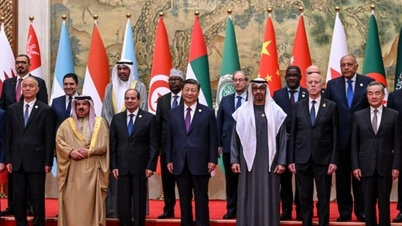


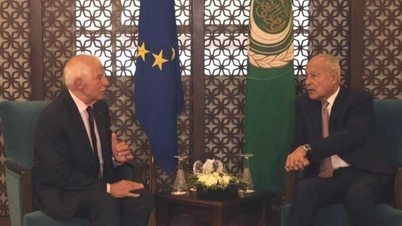











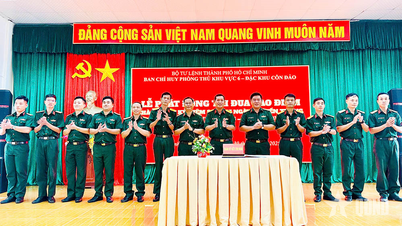
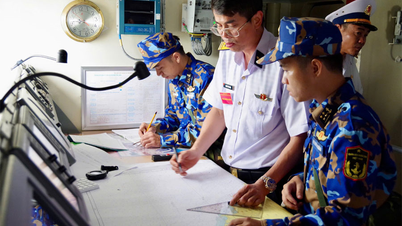


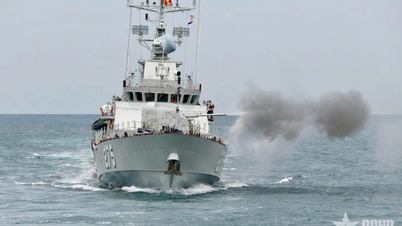





































































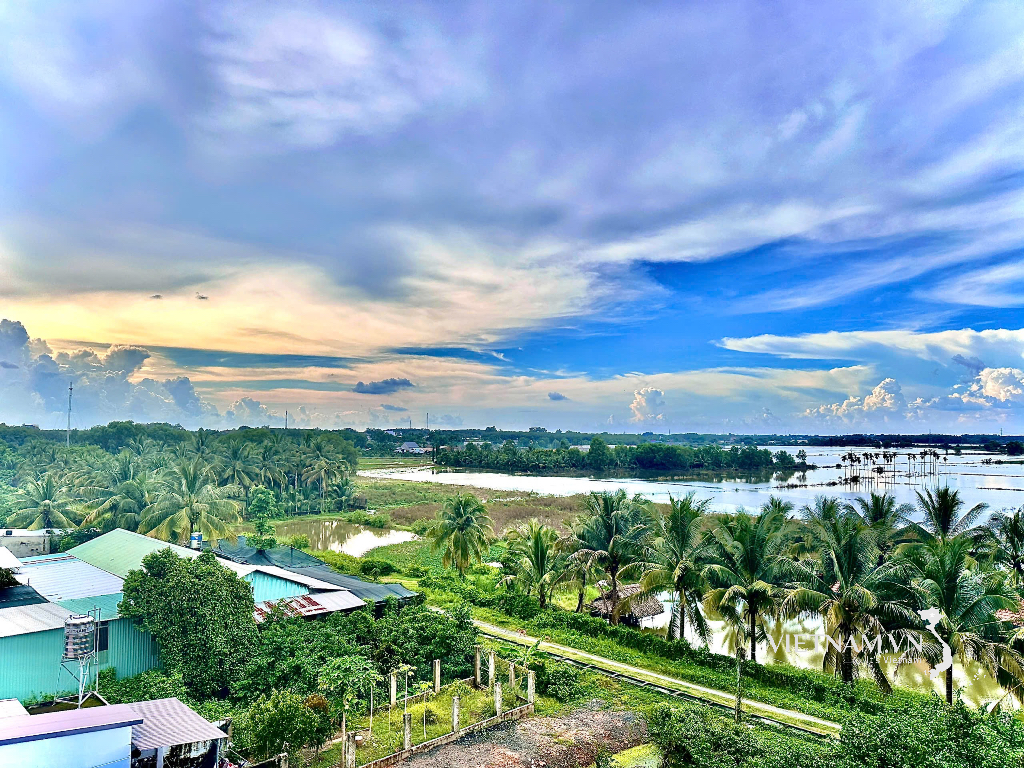
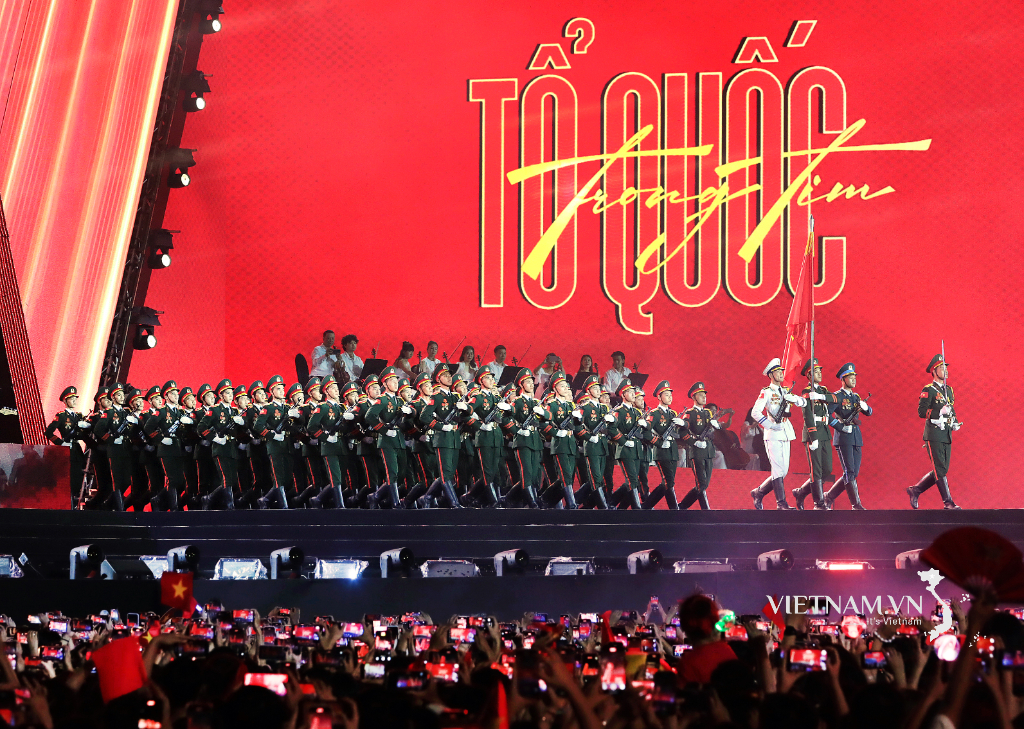


Comment (0)